A Week in the Bush Vol. 552
on Jun 18, 2025Late on a cloudy afternoon, the sun briefly broke through the overcast sky, casting a golden glow across the landscape. In a quiet clearing, a small group of zebras stood perfectly framed in the soft light - a picture-perfect moment. They had just finished drinking from a nearby waterhole and were now making their way back into the thickets, retreating for the night where they would rest and remain vigilant against lurking predators.
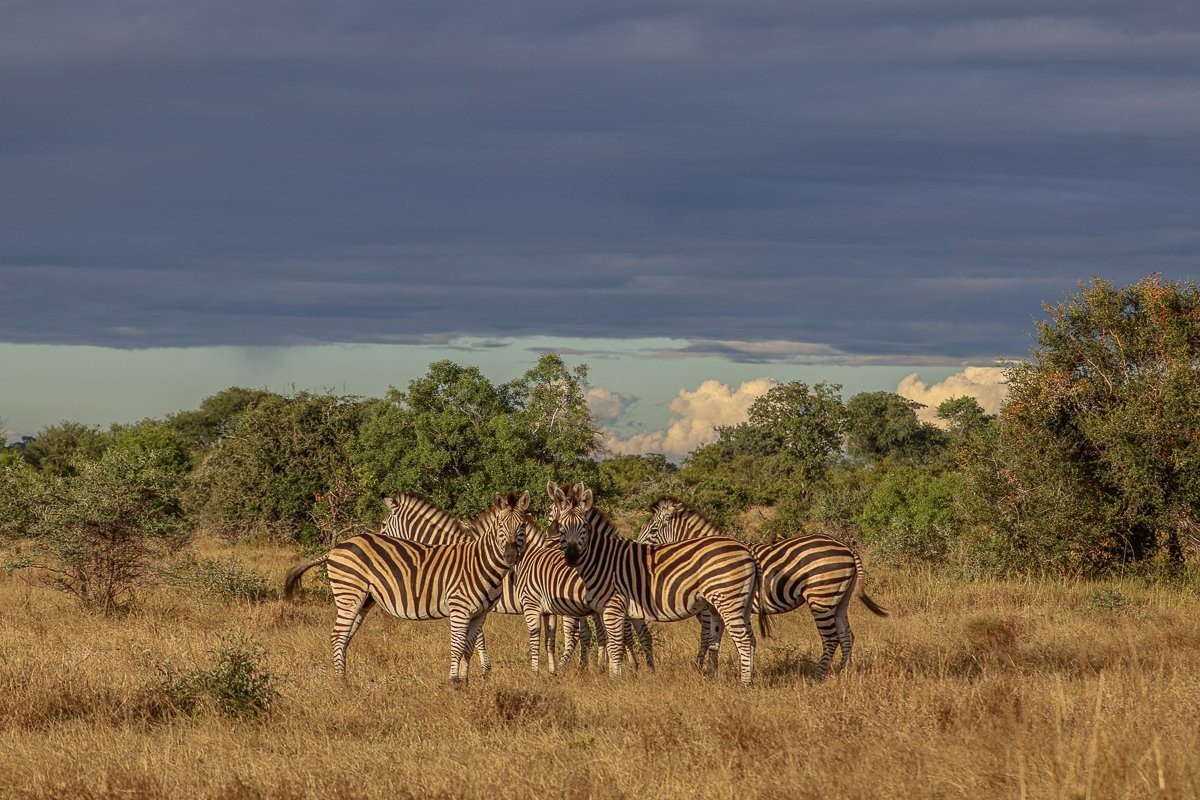
Just after sunset, we spotted a herd of waterbuck and impala silhouetted against the horizon—a rare and striking sight. It was a breathtaking moment, the perfect ending to an unforgettable day.
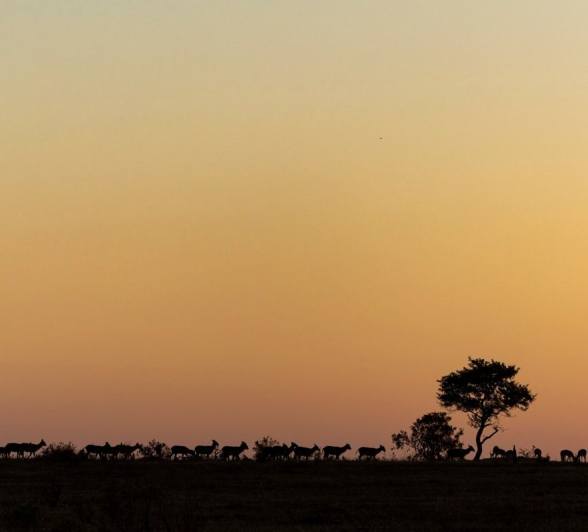

A male Paradise Whydah was perched in a tree alongside several females. Suddenly, he darted off in pursuit of one of them. As the chase began, the remaining females took flight and followed the pair to a nearby tree.
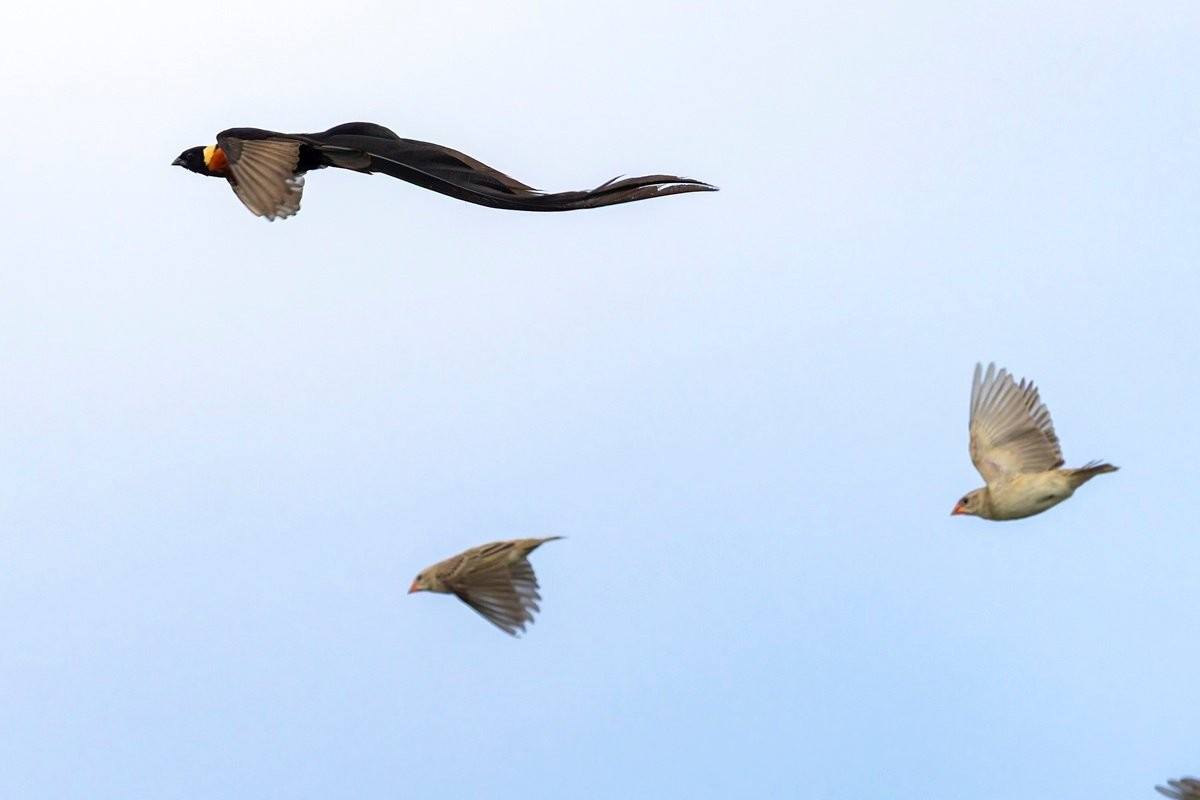
Dwarf Mongooses are highly social animals that are always seen together. They normally use hollow logs or termite mounds as their homes, where they will have their offspring. These ones were enjoying the warm morning light, huddled together.
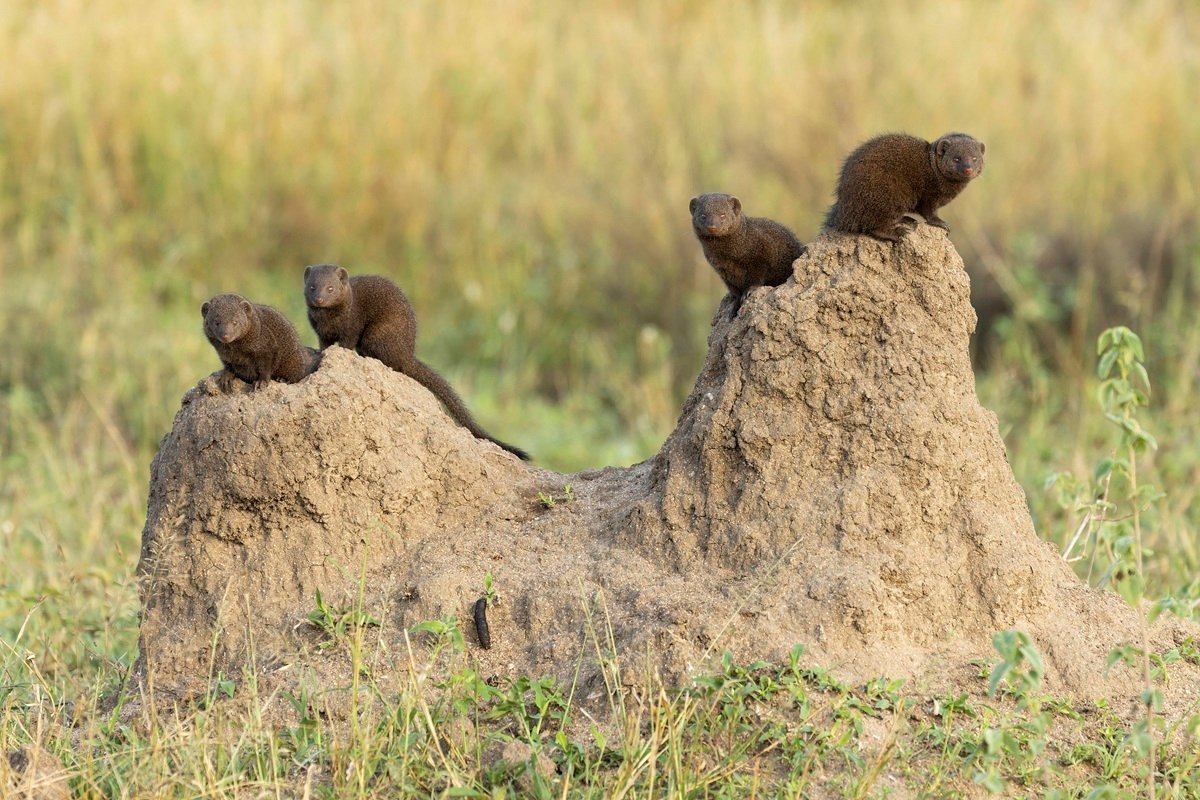
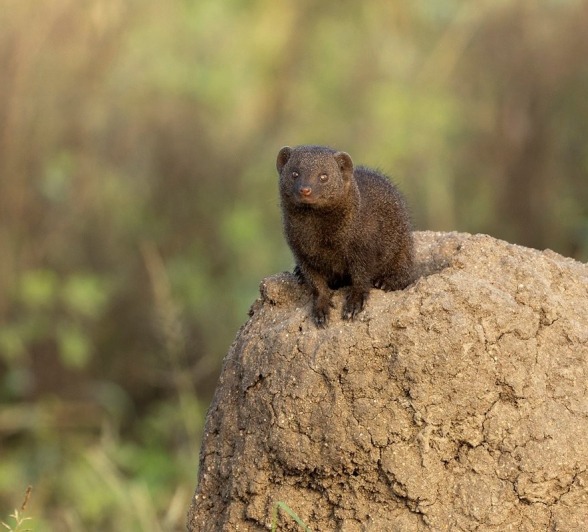
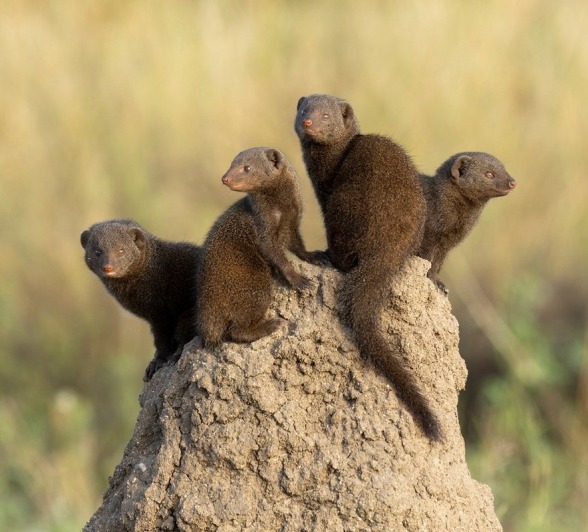
We watched this Reed Cormorant perched beside a body of water. Moments later, it took flight to a nearby water source. These adaptable birds inhabit nearly all freshwater environments except fast-flowing waters. Skilled hunters, they dive to catch fish and can remain underwater for up to 40 seconds at a time.
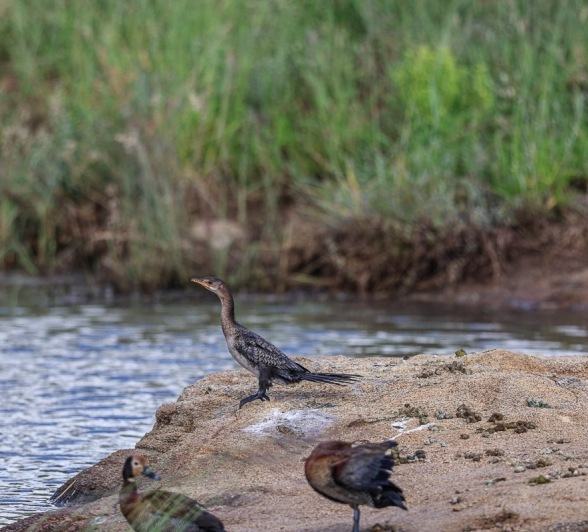
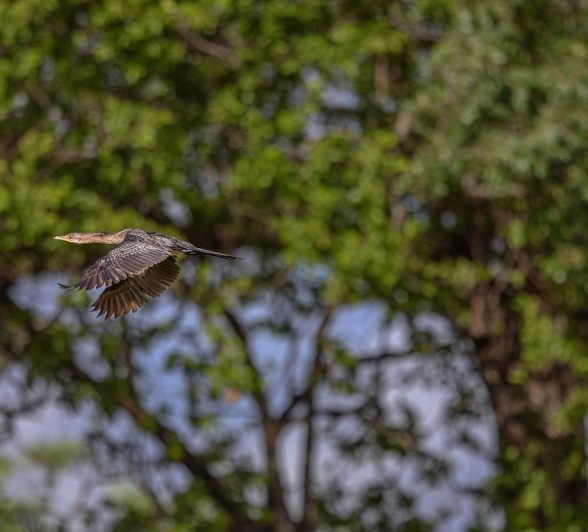
These hippos huddled closely together, relaxing in the water. Only their eyes and nostrils peeked above the shimmering surface, catching the light in a quiet, beautiful reflection.
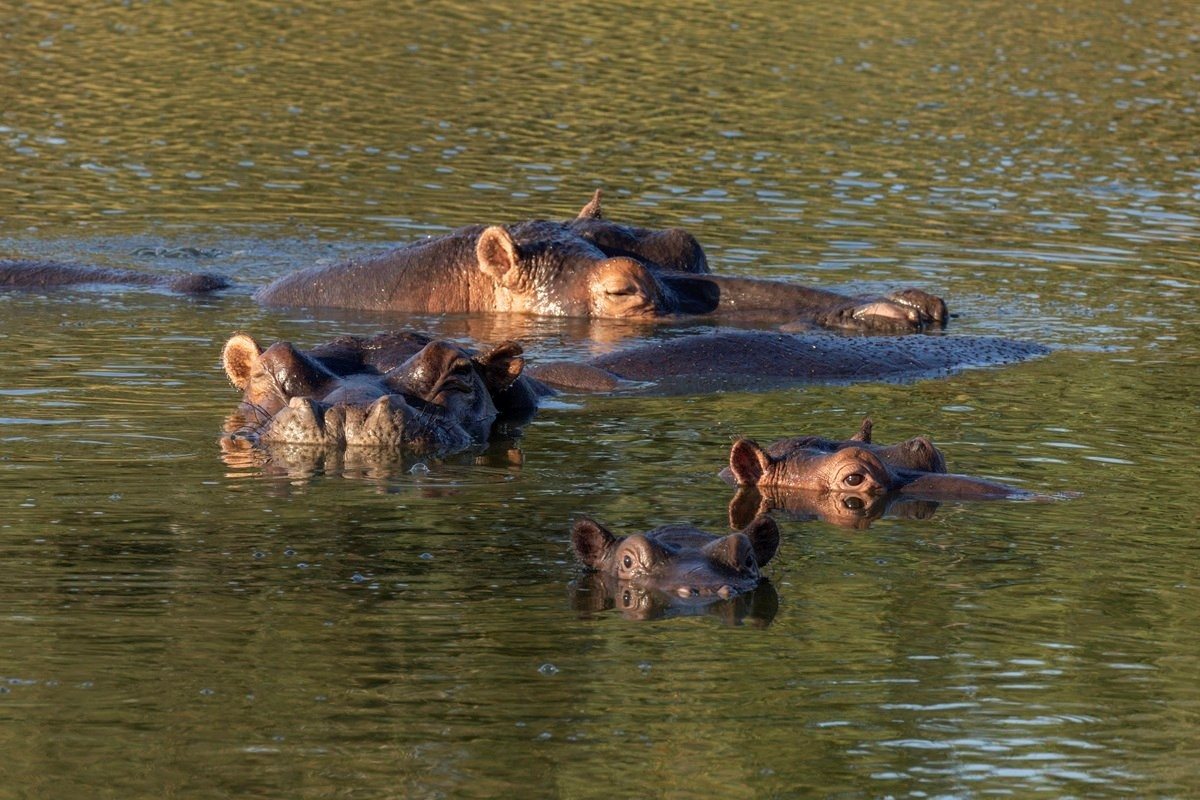
This Yellow-billed Oxpecker had the best seat in the house, perched atop a giraffe’s head, giving it an excellent vantage point to scout for other large mammals in the area. Oxpeckers form mutualistic relationships with many species, including giraffes, by feeding on ticks and parasites found on the animals. In return, the giraffes benefit from the cleaning, as the oxpeckers help rid them of unwanted pests.
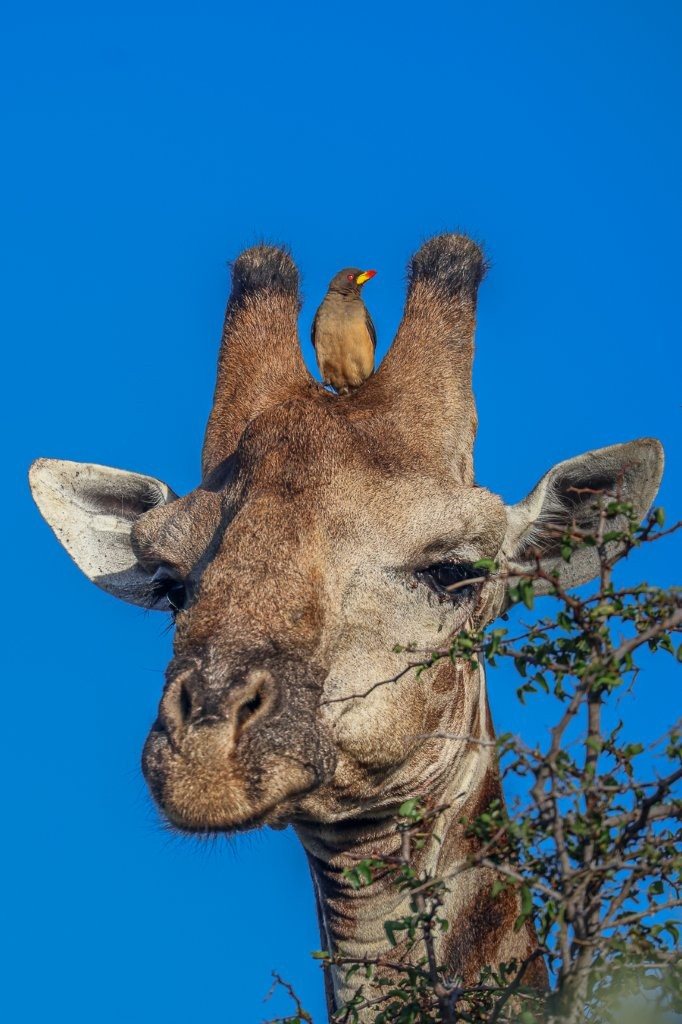
Egyptian Geese are one of the monogamous bird species commonly found around our reserve. Known for their loud, distinctive calls, they’re especially vocal when defending their territory. If one pair encounters another, it often leads to noisy confrontations and even physical skirmishes, as they fiercely protect their chosen area from rivals.
These geese typically nest in long grass or under bushes near water sources. This clever choice allows them to keep their chicks hidden safely in the undergrowth, reducing their exposure to water-based predators during the day.
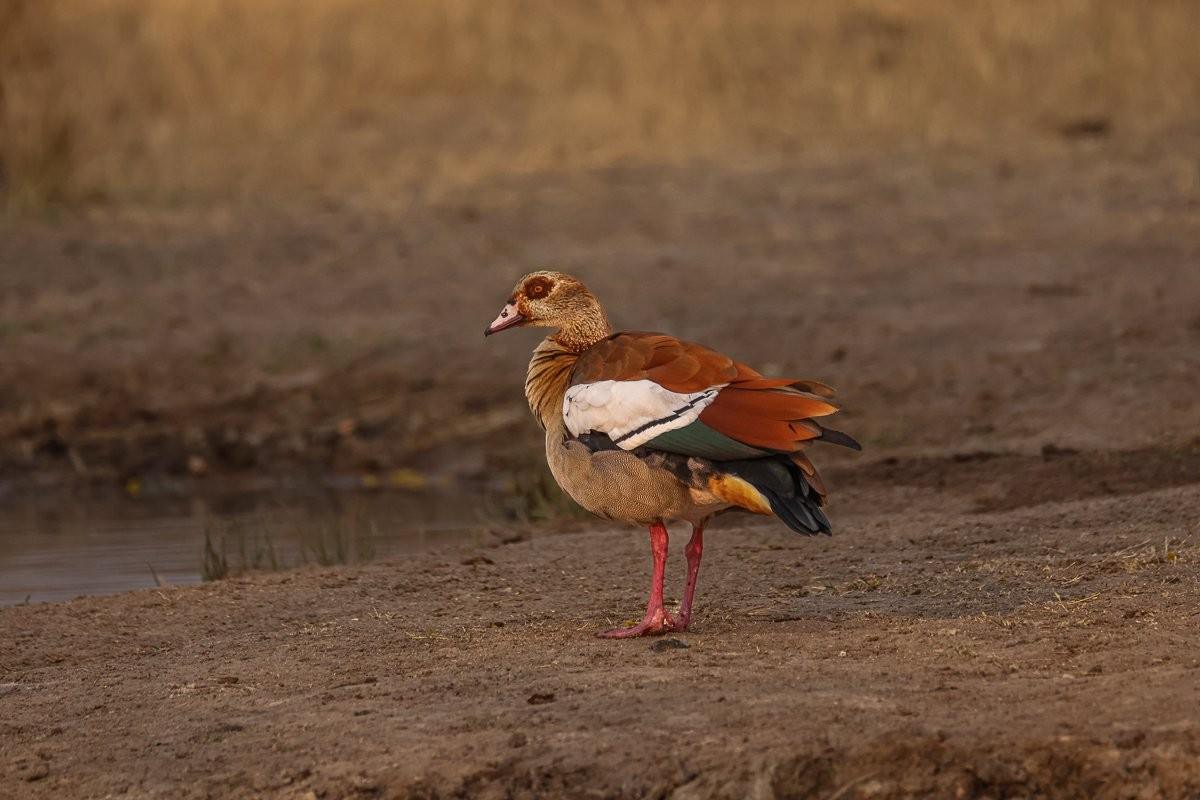
This young male leopard had finished his warthog kill and slowly began to stir. Moving with deliberate grace, he approached a large boulder and paused, scanning his surroundings to ensure he wasn’t being shadowed by an unwanted rival. Moments later, he disappeared into the thickets and fading light, searching for a secure, comfortable spot to rest and digest his meal, away from the remains of his carcass, knowing that hyenas or even lions might soon be drawn to the scent.
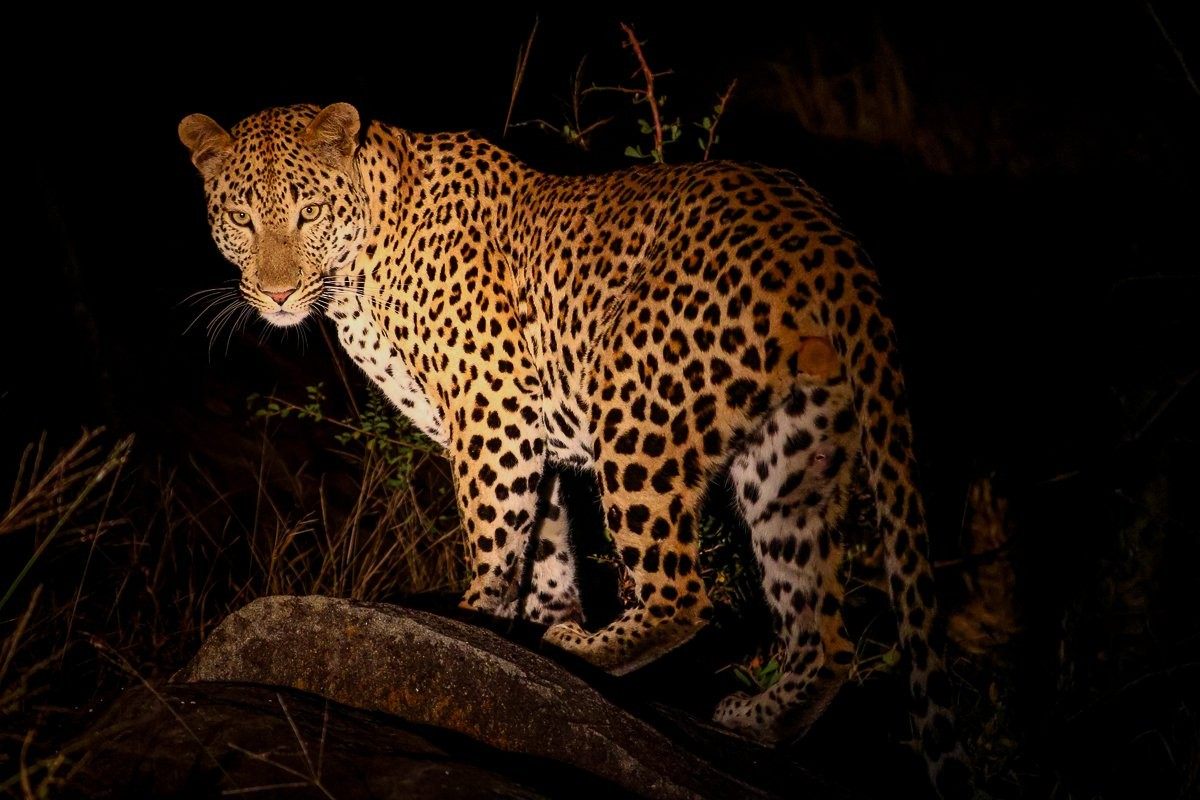
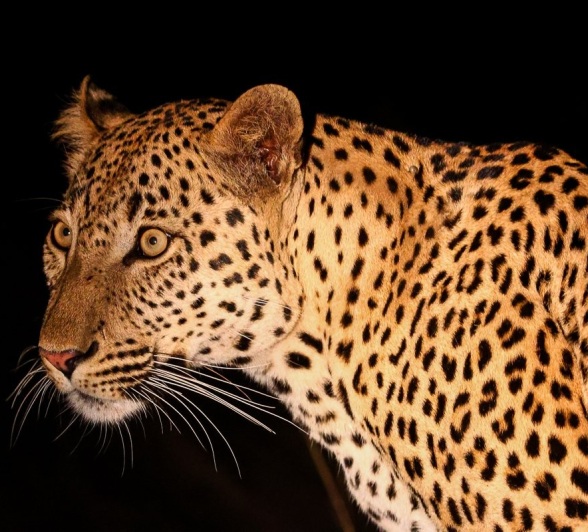
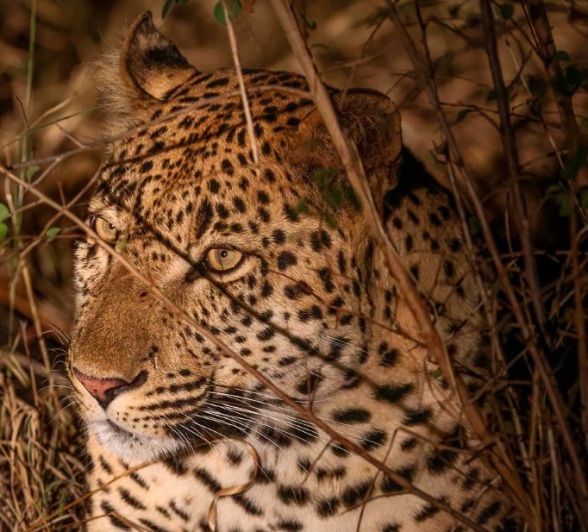
With the reduced presence of large dominant male leopards on the reserve, a once-unfamiliar face is becoming a more regular and welcome sight. This young male has lingered long enough to capture attention. Carving out territory as a young male is no easy feat, and with the likes of Mawelawela, Khulwana, and the seldom-seen N’weti still holding sway over key areas, his journey will be challenging. But should he succeed, the rewards will be rich - marking the beginning of a promising new chapter in the leopard dynamics of the reserve.
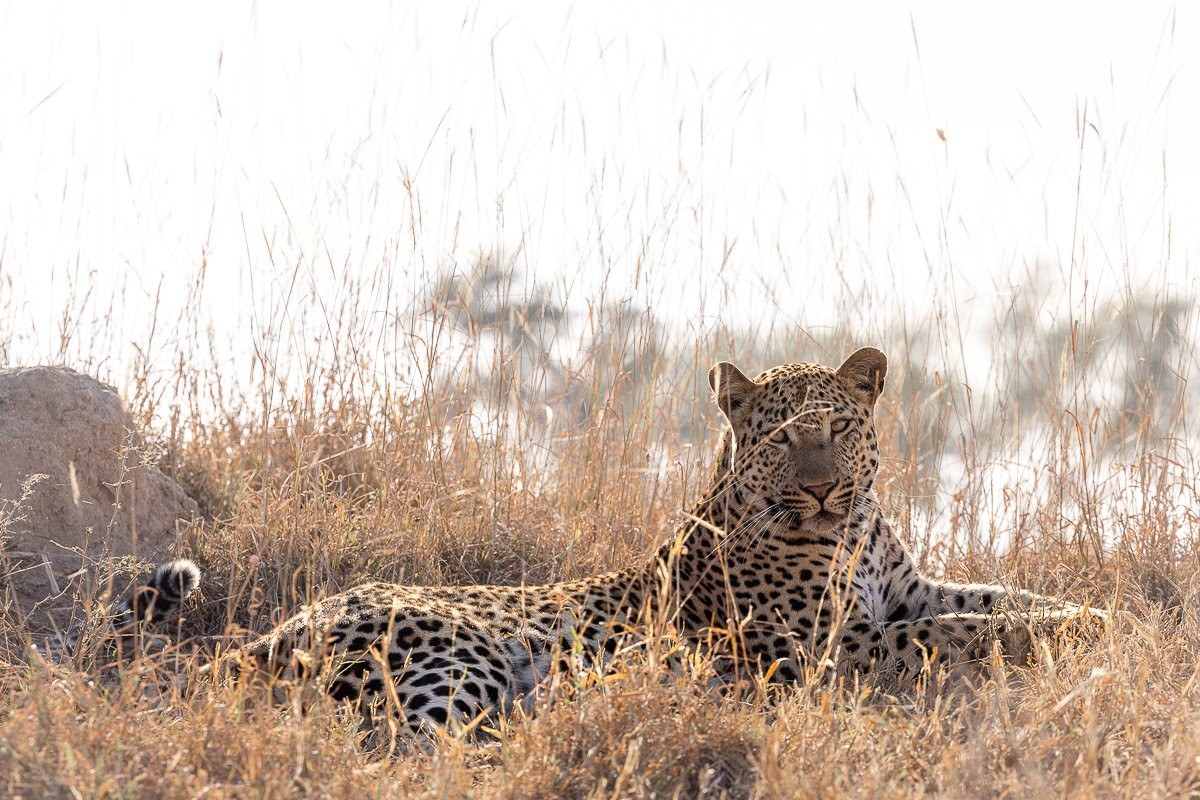
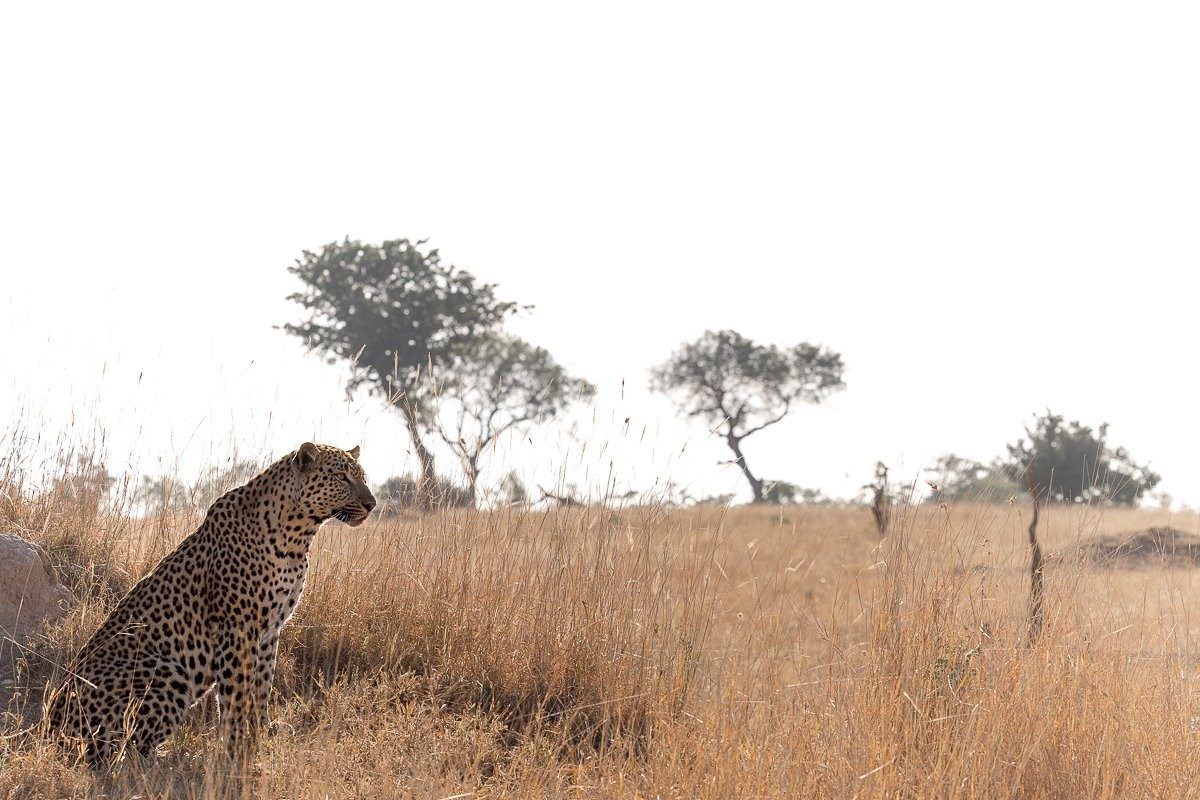
One of the Gijima males was moving quickly through thick vegetation, seemingly following the scent of other lions. He paused to rest near a waterhole, giving us a clear view as he settled in an open area. The male let out a few low contact calls - small roars - but received no response. After spending some time observing him, we left him sleeping peacefully.
Not far from where we’d left him, we came across tracks belonging to the rest of his pride. It didn’t take long before we located them: the pride was resting in the tall grass, with only one male cub out in the open, basking on the road.
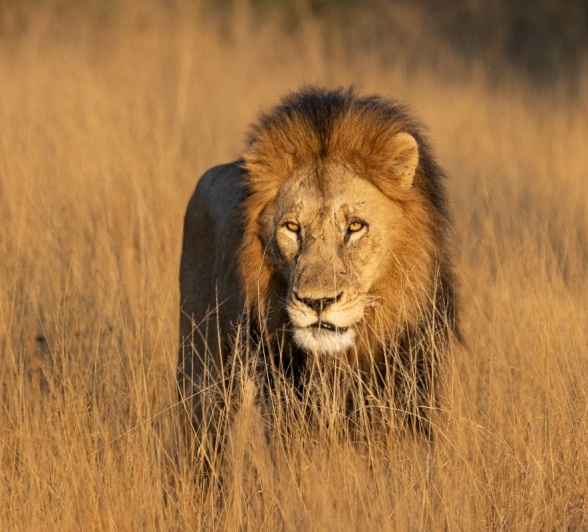
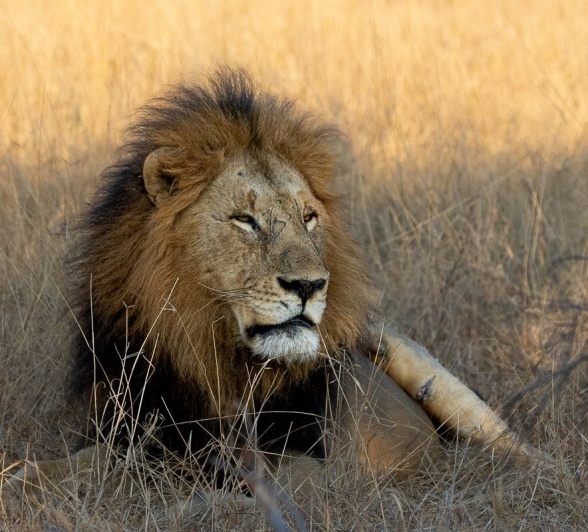
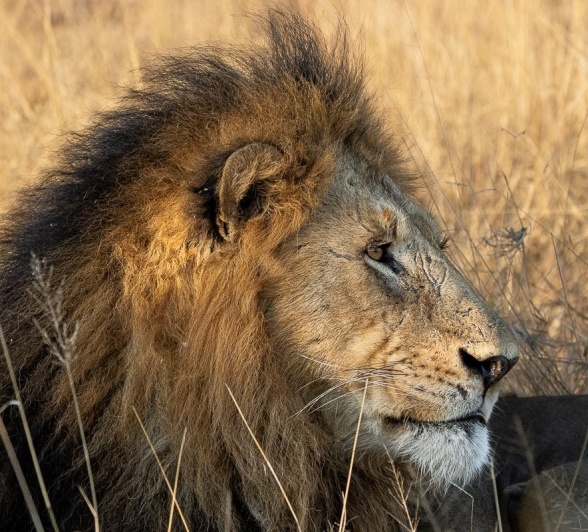
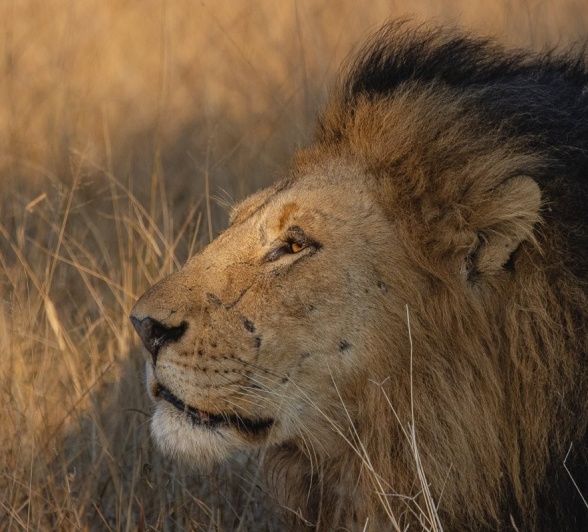
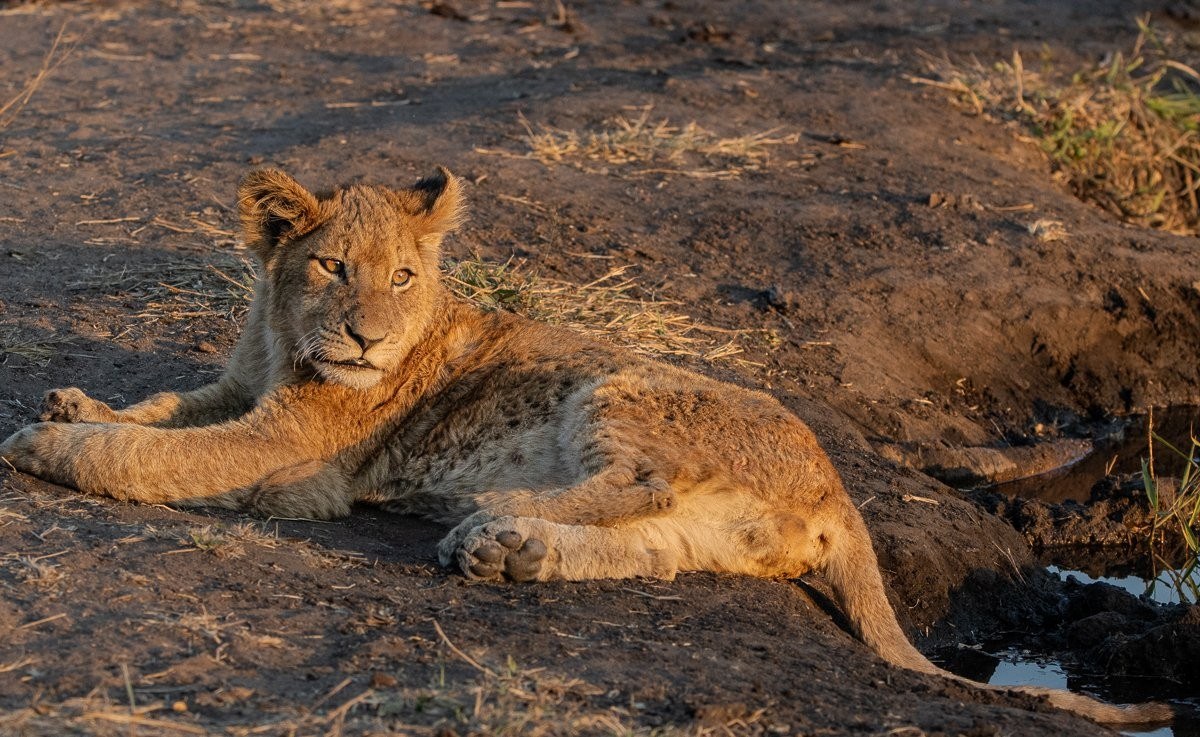
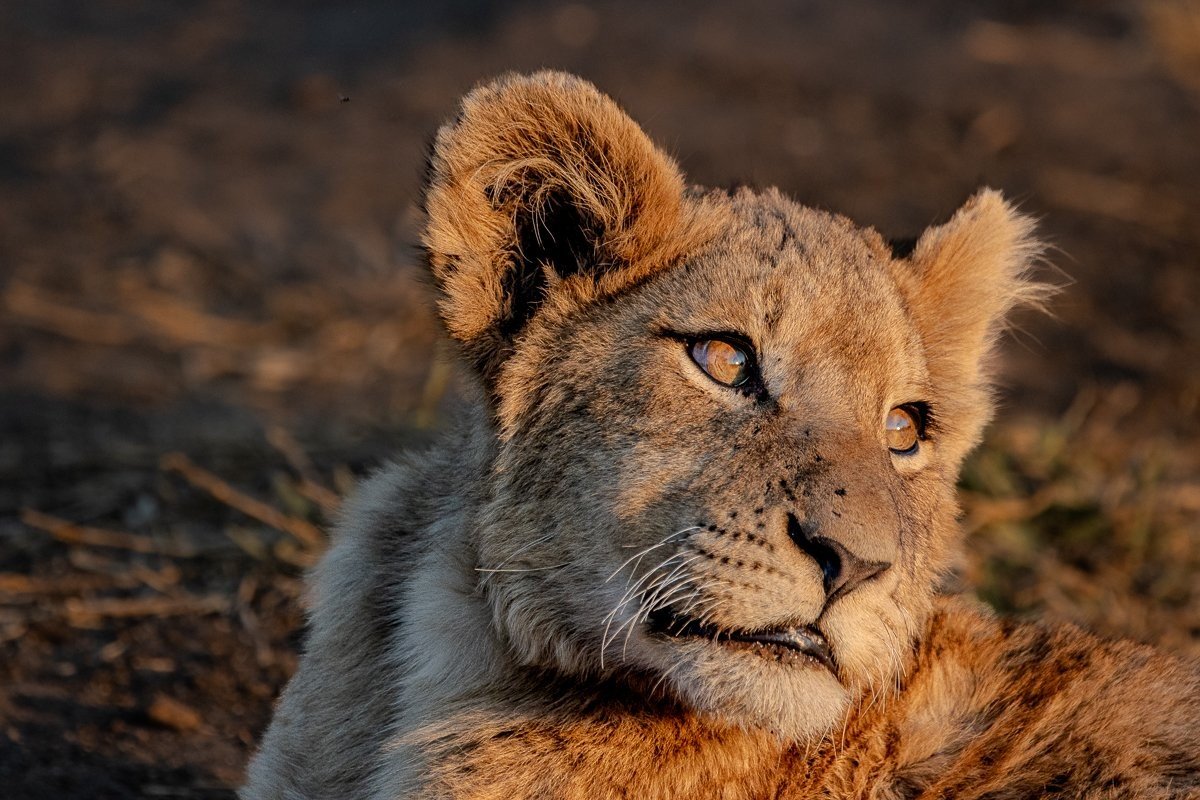
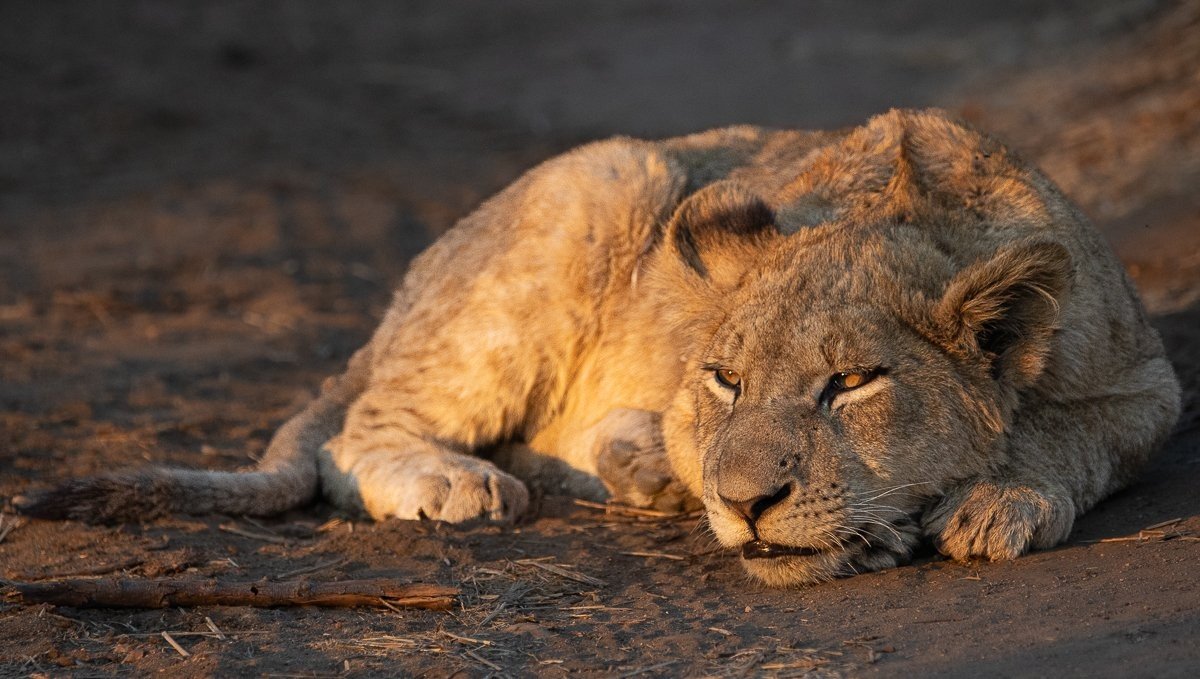
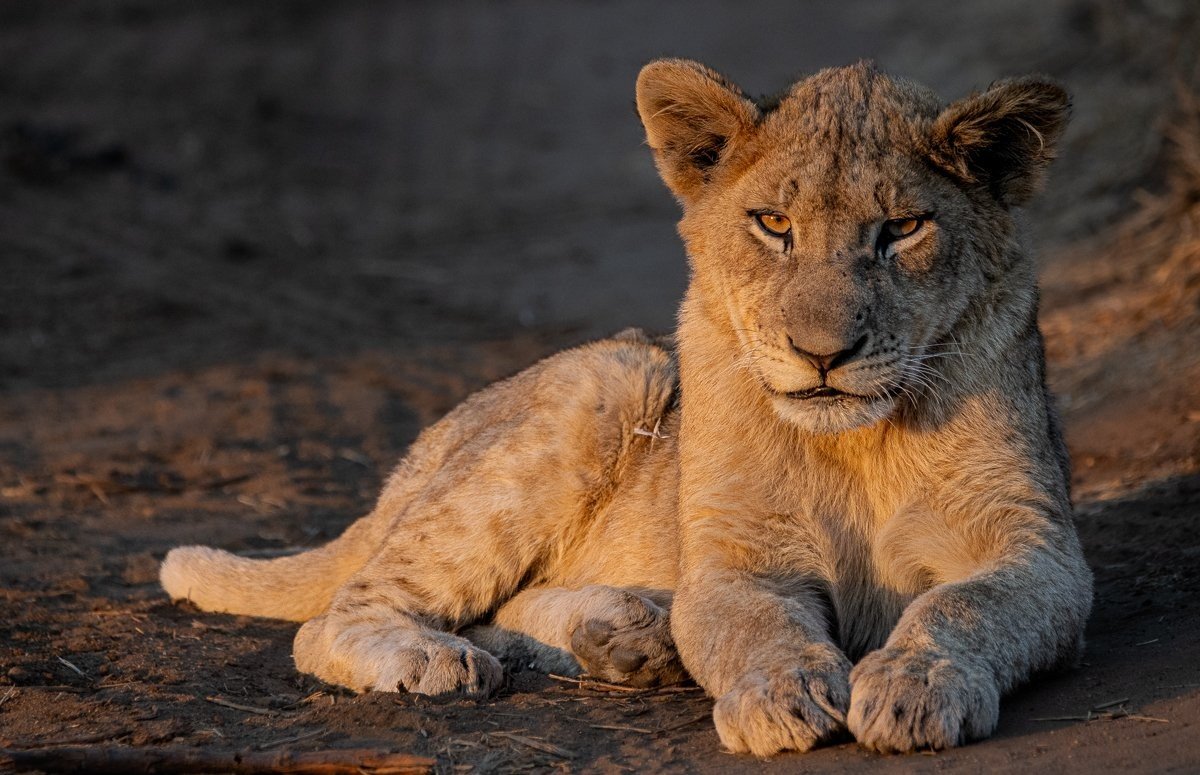
We discovered fresh lion tracks crossing into our reserve and immediately set out to follow them. After a short but challenging tracking session through dense thickets, we located six members of the Msuthlu Pride - four adult lionesses and two sub-adult males. They were moving purposefully through the undergrowth, noses to the ground, clearly trying to pick up the scent of their missing pride members.
It’s likely the pride became separated during a hunt, and these individuals are now trying to regroup for safety. Lions rely on the strength of the group not only for protection, but also for successful hunting, so once reunited, they’ll likely set out to hunt again.
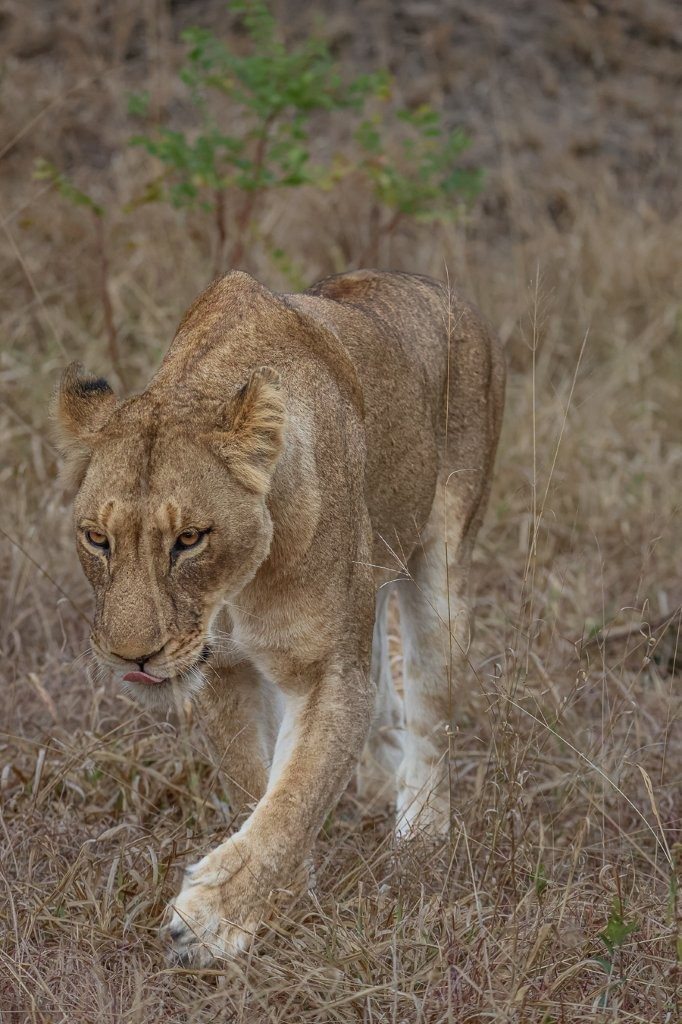
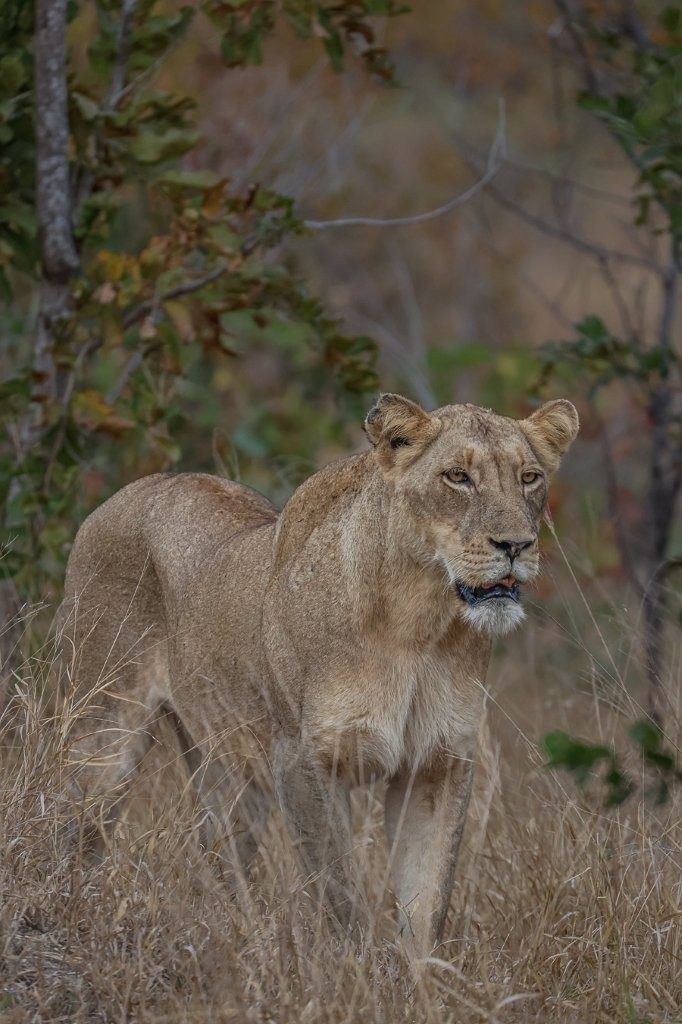
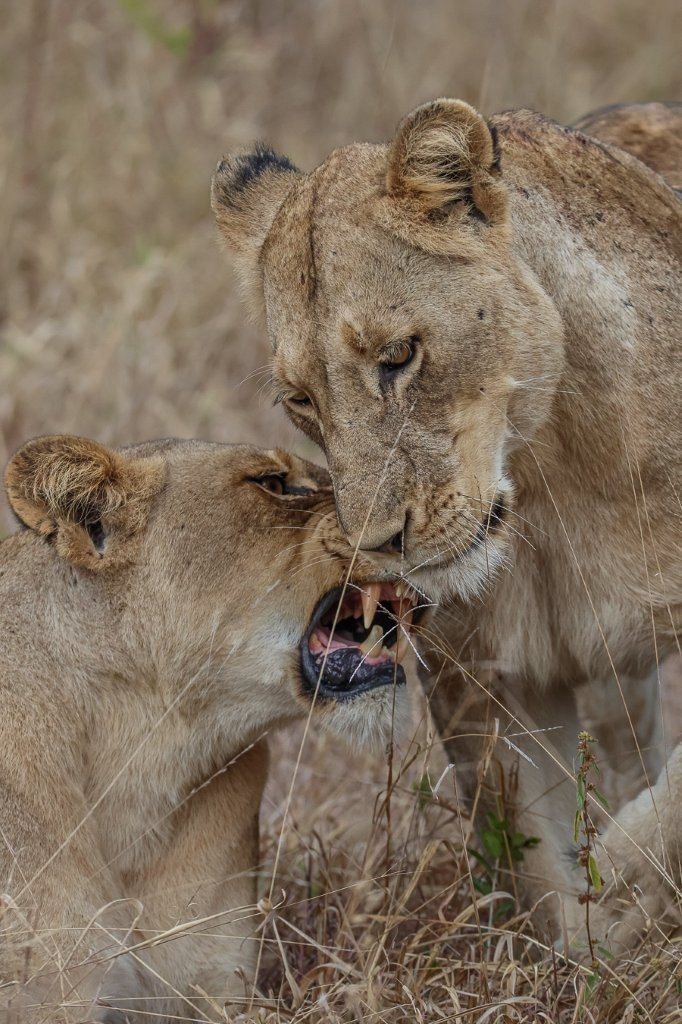

We managed to track down the Southern Pride after an action-packed evening filled with drama. Two unknown male lions had entered the territory, chasing the pride across our reserve. Unfortunately, we couldn’t get a clear view of the newcomers, as they stayed close behind the pride, roaring relentlessly as they moved.
Thankfully, we were able to locate all 10 members of the pride, and all appear to be in good health with no visible injuries. After such a vocal and chaotic night, we hope the dominant males will be drawn back to this section of their territory to safeguard their females and sub-adults.
Lion dynamics are forever changing. Could this be the beginning of a coalition shift? Only time will tell.
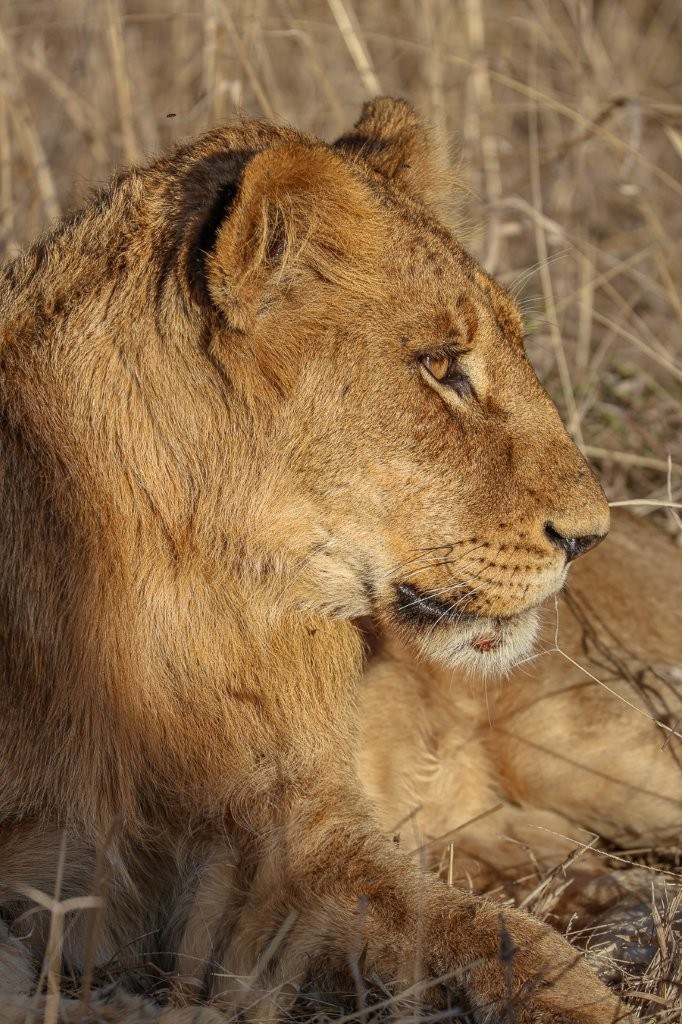
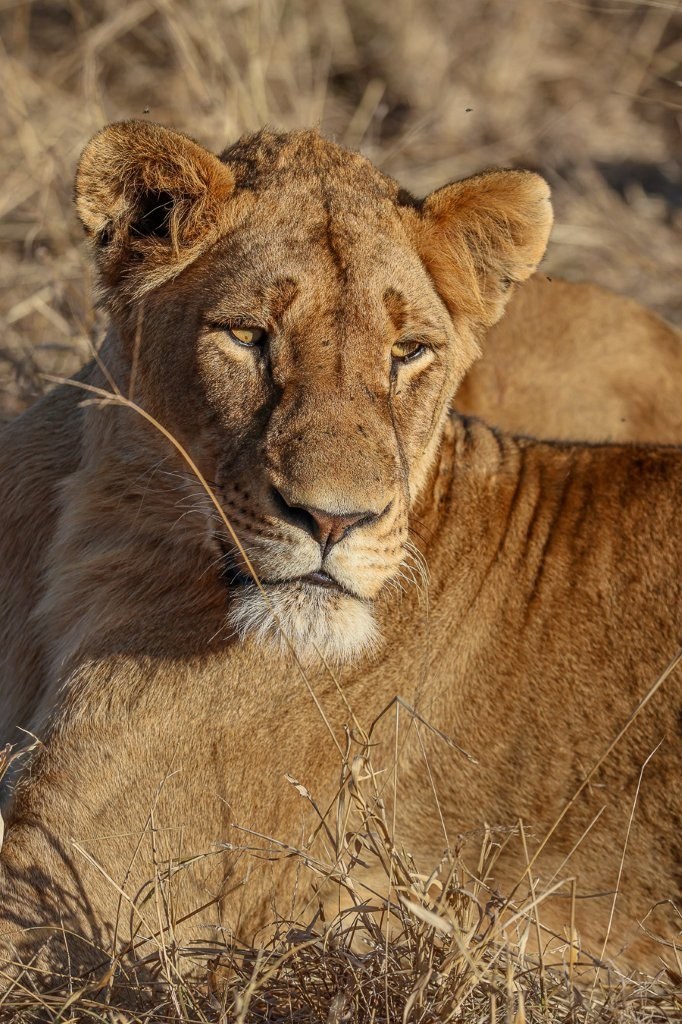
Until next time…
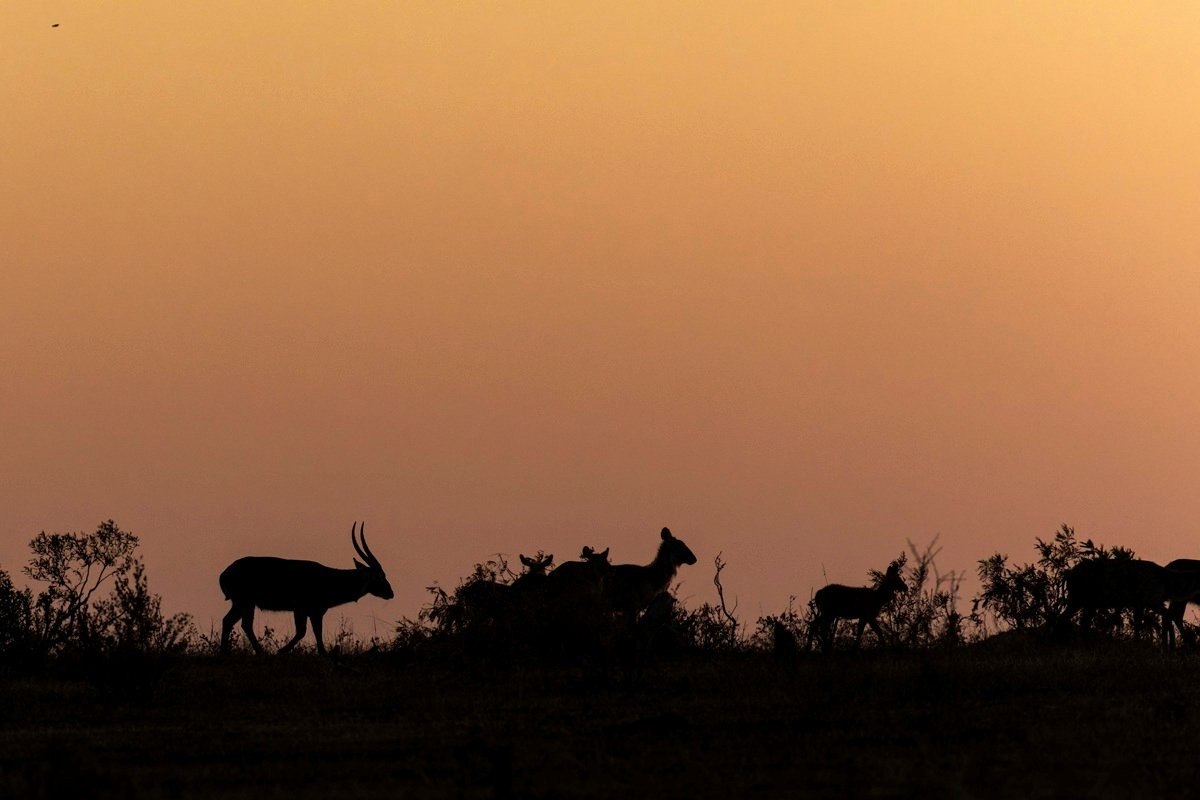
Blog by Wendy Claase
Images by Benjamin Loon, JP van Rooyen, Ronald Mutero and Ruan Mey







